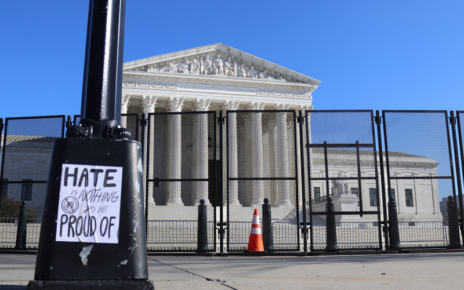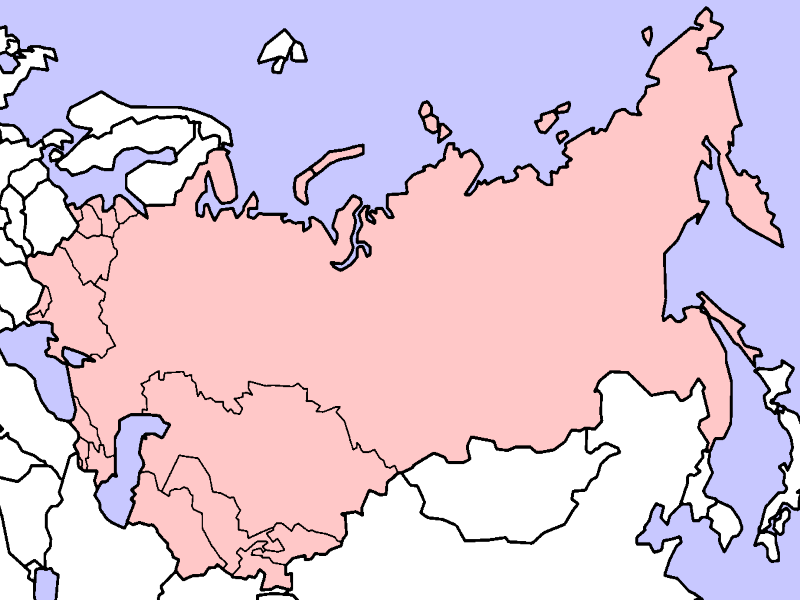On September 26, in the latest development in the ongoing diplomatic row between Canada and Saudi Arabia, the Saudi foreign minister, Adel Al-Juebir, asked that Canada stop treating his country “like a banana republic.” Al-Juebir repeated demands that the Government of Canada apologize for its August 2018 Tweets which called for the release of a jailed human rights activist.
This latest escalation comes amid optimism expressed earlier in the week that the foreign ministers of the two countries would meet on the sidelines of the United Nations General Assembly in hopes to diffuse tensions.
The ongoing dispute signifies deeper geopolitical trends which impact Canada and its security interests but for which Canada is merely a bit player. An analysis of these trends suggests that the row is far from being resolved. Furthermore, given the overwhelming silence of the international community on Saudi Arabian human rights issues more broadly, Canada’s attempts to promote a human rights agenda in Saudi Arabia through diplomatic pressure seems to lack support even from close allies.
As many commentators have noted, the spat is further evidence of Canada’s estrangement from the United States, which declined to condemn the jailing of the rights activists or come to Canada’s defense in the crisis. The lack of cooperation between Canada and the United States reflects an increasingly precarious liberal international order, symbolized most notably in the west by the Trump administration’s view of the world in transactional, realist terms. In less extraordinary times, Canada could have relied on a certain degree of diplomatic support from its closest allies, including the United States and the European Union, in its calls for human rights to be respected.
Saudi Arabia has noted the shift in the United States’ view of the world and has embarked on a series of bold foreign policy moves, deepening its involvement in the civil war in Yemen and leading an embargo of Qatar, knowing that, so long as it remains a strategic partner of the United States, it has significant license to do as it pleases. The dispute in question reflects an emboldened Saudi Arabia led by a youthful reformist leader, Crown Prince Mohammad Bin Salman, who refuses to be lectured on internal human rights issues from a country which holds little sway in Washington and even less in the Middle East.
A similar diplomatic row erupted between Germany and Saudi Arabia in November 2017, when the foreign minister of Germany made comments that the Saudi government perceived as critical of Saudi foreign policy. This dispute led Riyadh to pull its ambassador and freeze out German companies. On September 25, the two sides reconciled at the UN General Assembly, with the current German foreign minister issuing an apology for “misunderstandings” in the relationship. The dispute and subsequent apology signal that even economically powerful states like Germany value their relationship with Saudi Arabia too much to risk taking an overtly strong stance against Saudi policies.
Will a similar rapprochement happen with Canada? Evidence suggests that it will be much more difficult to realize. The importance of the relationship between Canada and Saudi Arabia is limited. Bilateral trade between the two countries reached $3.9 billion CAD in 2016 and thousands of Saudi medical students attend Canadian universities, but the relationship is not essential to either partner. Saudi Arabia wagered that the symbolic message of directing its fury at Canada outweighs the necessary downturn in relations with that country. Moreover, the Liberal government under Prime Minister Justin Trudeau faces an election in the coming year and is loath to appear overly conciliatory on such issues. There is little incentive for either side to exert itself in resolving the dispute.
The major implication for Canada, however, is what the incident has demonstrated regarding key relationships with its allies and, by extension, the cohesion of western NATO-allied countries. The silence of western countries and the apology by Germany in its separate dispute speak to a world in which states conceive of their own interests in narrower, more realist terms. For progressive-minded liberal internationalists like Prime Minister Justin Trudeau, the silence speaks volumes.
Featured Image:Row of flags in front of the UN General Assembly building, Manhattan, New York | September 16, 2010 (Official picture from Wiki Commons webpage) – https://commons.m.wikimedia.org/wiki/File:UN_General_Assembly_bldg_flags.JPG
Disclaimer: Any views or opinions expressed in articles are solely those of the authors and do not necessarily represent the views of the NATO Association of Canada.




